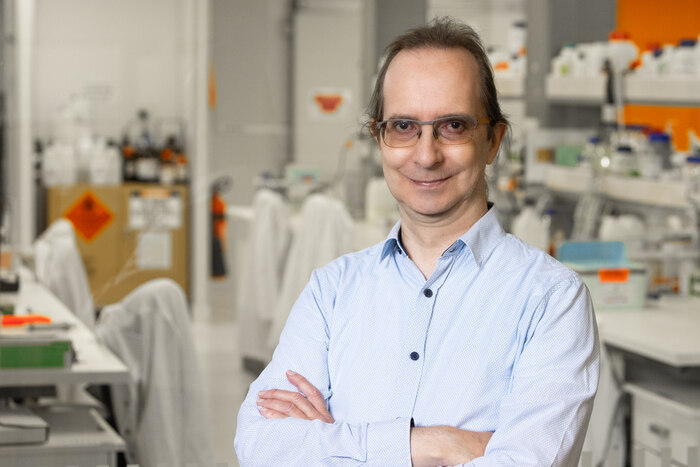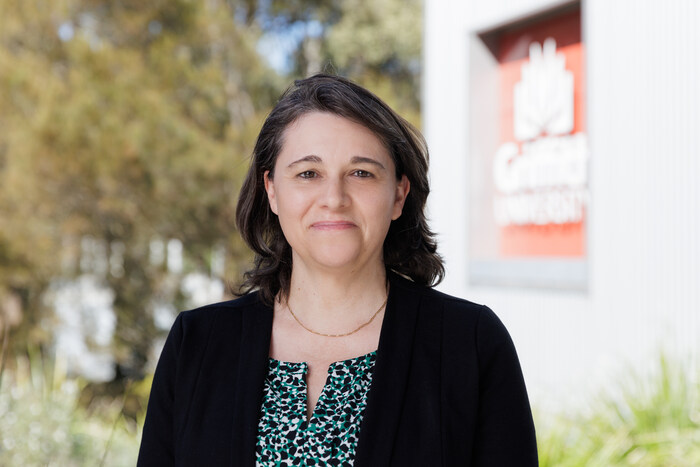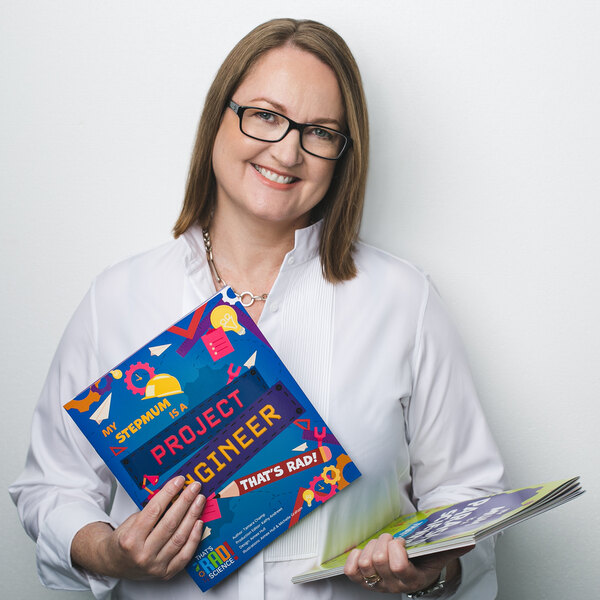Bridging the gaps to repair spinal cord injury
An innovative nerve bridge therapy combined with patient-centred rehabilitation is on track to provide people living with spi…
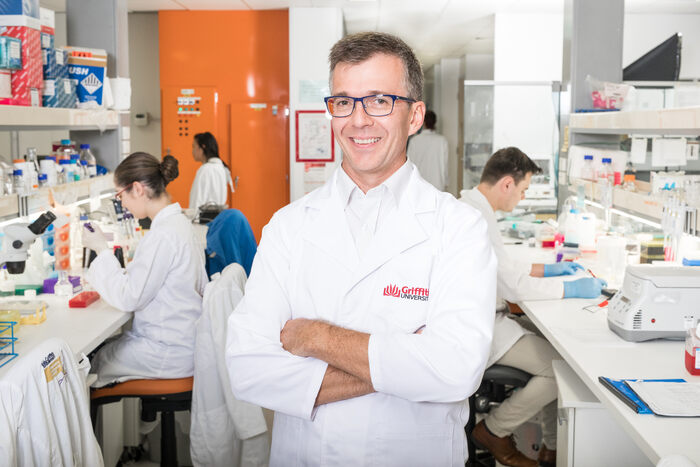
Compounds Australia – a unique national facility enabling drug discovery
Discovering a new drug is often achieved by testing large numbers of compounds against a disease – but where do we safely sto…
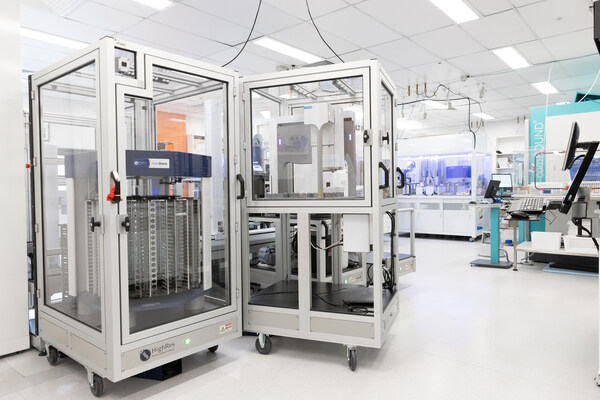
Tackling complexity in the fight against disease
Systems-based approaches are not only increasing our understanding of disorders such as schizophrenia, but they’re on track t…
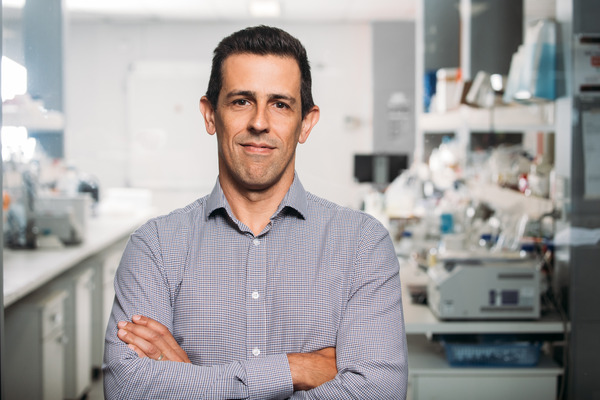
How Nature can be used to tackle diverse problems
Nature is a valuable source of chemical diversity that scientists can tap into to generate useful applications across the hea…
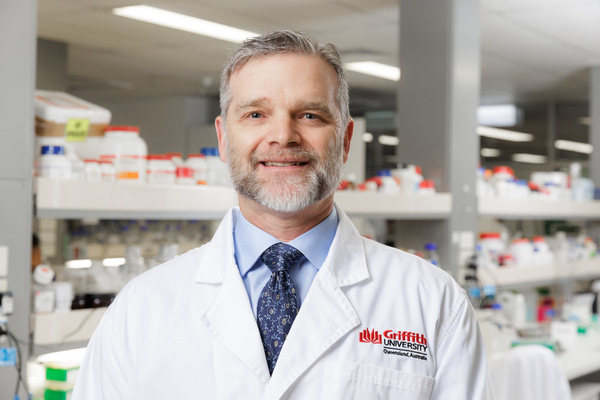
Bringing knowledge together to have real world impacts
From traditional medicines to contemporary healthcare and agricultural products – fundamental scientific knowledge can help s…

How a small fish could give answers to treating complex diseases
To understand different diseases, we need to be able to model them in all their complexity – Zebrafish are proving well-suite…
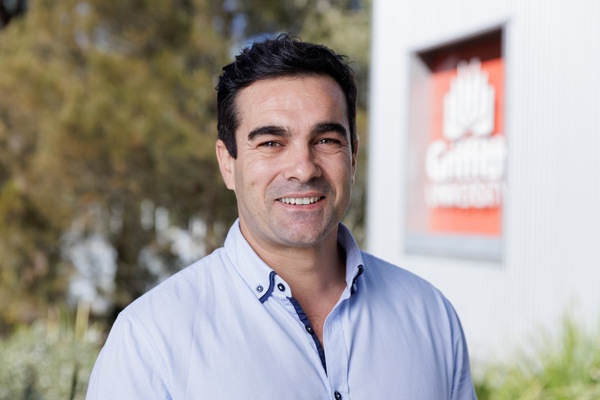
Heart disease – moving beyond the known risk factors
To better manage heart disease, we need to move beyond the known risk factors and build a deeper understanding of how this de…
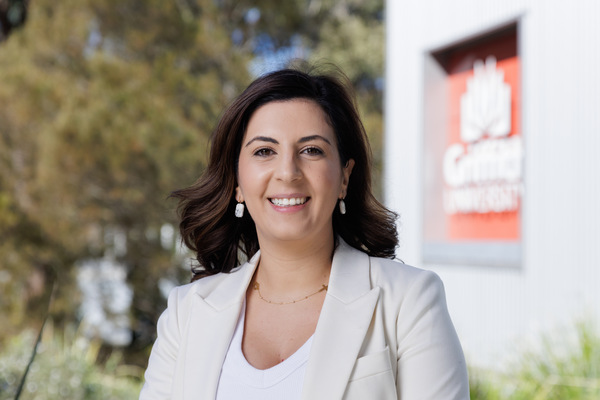
Tackling the complexity of Parkinson’s Disease from all angles
A holistic approach incorporating patient input is being used by the Queensland Parkinson’s Project to achieve positive outco…
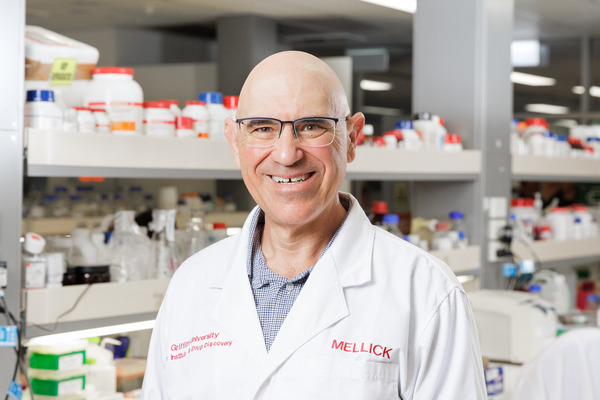
Advancing knowledge in the fight against malaria
If we are to win the fight against devastating diseases such as malaria, then we need fundamental scientific knowledge on our…
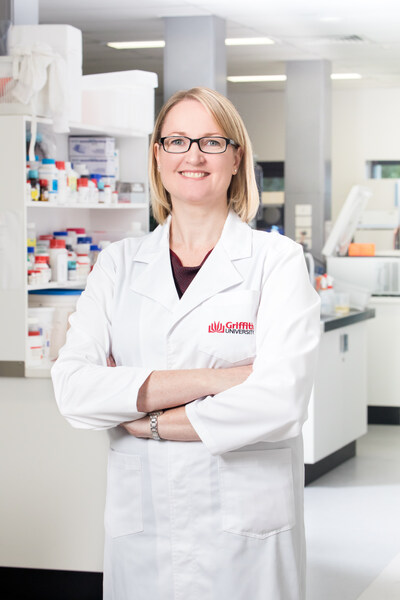
Microscopic Solutions for Global Problems
The answers to some of society’s most pressing issues might be tiny - living cells that can act as microscopic factories that…
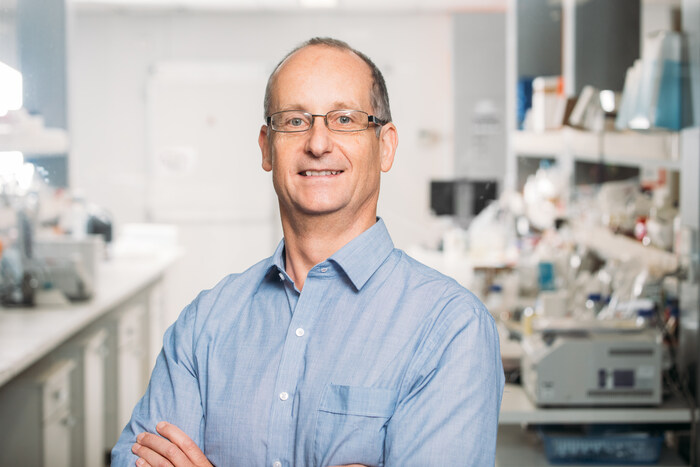
NatureBank - facilitating drug discovery from Australian flora and fauna
NatureBank, a unique library of plant, fungi and marine invertebrate samples, allows researchers to accelerate biodiscovery a…

Equipping scientists with the right chemical probe for the job
Chemical probes allow scientists to visualise biological systems and gain fundamental information on diseases. However, scien…
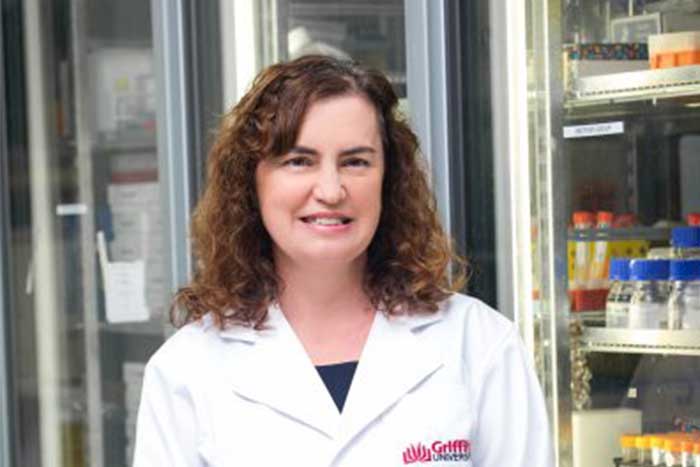
Viruses – an answer to major health problems?
While the word ‘virus’ may elicit all kinds of negative associations, there is much to be learnt from these sub-microscopic e…
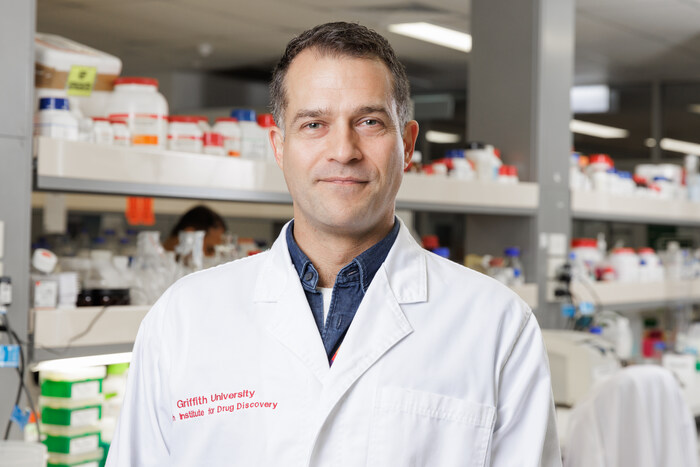
Unlocking the potential of saliva-based diagnostics
Salivary diagnostic tests are on track to provide us with sorely needed effective and cheap tools that allow for the early de…
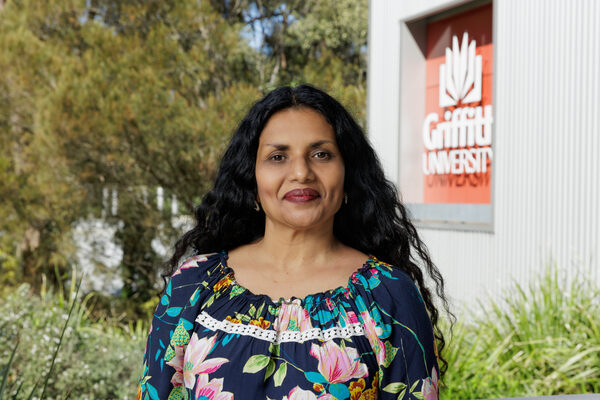
Profiling the big ‘biological’ picture to answer complex problems
Biology is complicated – but viewing biological systems as a whole can lead to positive impacts across the health, agricultur…
